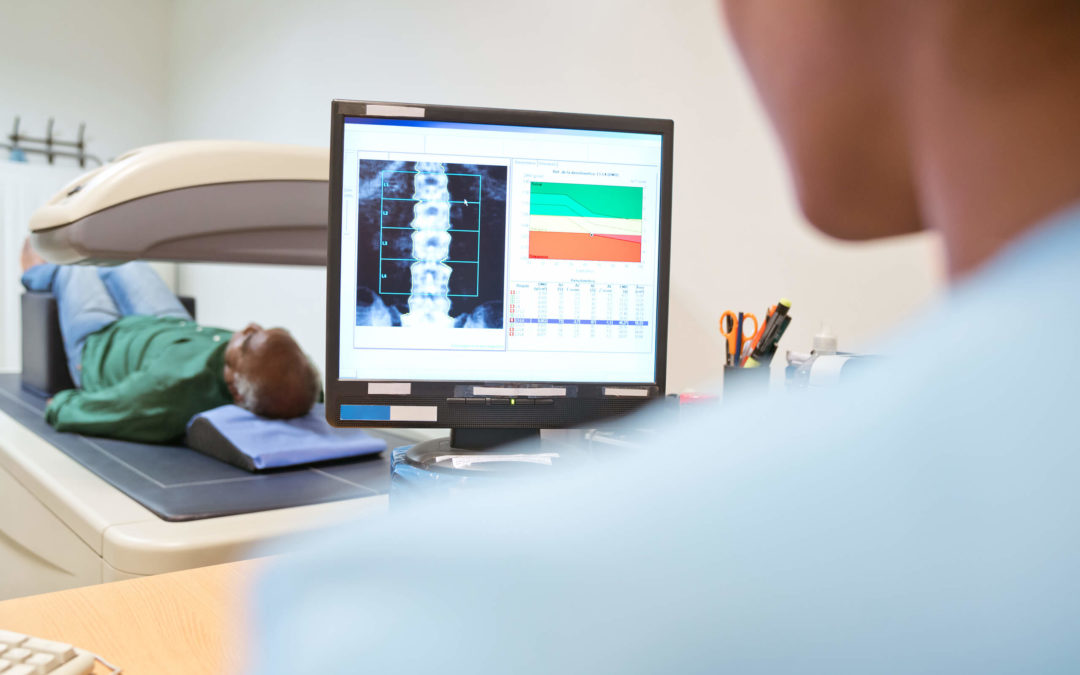If the doctor has recommended that you get a venous Doppler test, it may sound scarier than it really is.
A venous Doppler test is a simple, non-invasive, painless procedure that analyzes circulation in the legs or other areas of the body to identify blood clots, blockages in blood flow, narrowing of vessels, and tumors or congenital malformations.
What Happens During a Venous Doppler Test?
The painless procedure does not involve radiation, and it typically takes less than an hour. During the appointment, a handheld device called a transducer will be used to direct high-frequency sound waves into the applicable arteries or veins.
The sound waves “echo” off your blood vessels, and images are created as the transducer is pressed against the different areas of your skin. A gel will likely be applied to help the transducer glide smoothly, and you may hear the sound waves as the device is pressed against your skin. The procedure can be performed by the doctor, sonographer and/or radiologist.
The doctor will then use these ultrasound images to identify any areas of concern.
On the day of the test, you should wear clothing that can be easily removed and avoid wearing jewelry at the applicable area. Otherwise, no other preparation is necessary, and you can resume normal activities immediately. You likely won’t feel any effects.
Identifying Blood Clots in the Legs
If a blood clot is found, it is considered an emergency and should be treated as soon as possible. Blood clots can break off and travel to your organs, which can be life-threatening.
In a healthy circulatory system, arteries send blood to the legs, and the veins send blood to your heart and lungs. Some medical conditions or inactivity can slow this process, which can lead to blood clots. The most common reasons blood clots form include:
- Being bedridden
- Sitting for long periods of time, such as during a plane ride
- Sitting too much/not moving enough
- Use of certain medications, such as birth control pills
- Varicose veins, which are not a concern on their own but may be associated with the formation of blood clots
- A history of deep-vein thrombosis
- Genetics
- Cancer, COVID-19, heart failure, sickle cell disease, and some other underlying health conditions
- Obesity
- Pregnancy
- Smoking
- Injury, especially of the spinal cord
- Stroke
If you have been told you need a venous Doppler test or are concerned about blood flow in your legs, abdomen, arms, or neck, schedule an appointment to see Dr. Laina Feinstein or Dr. Max Feinstein by calling our office in Southfield or sending us an email through our website.

